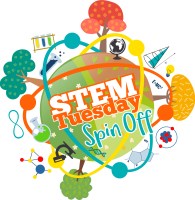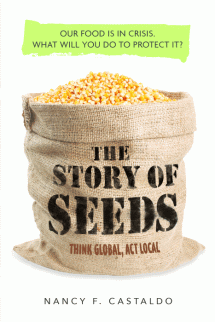
Hello Amazing teachers, homeschoolers, and parents. We at STEM Tuesday wish you all a wonderful 2023-2024 school year! We want to remind you that we have SIX YEARS full of STEM/STEAM resources in our “vault”. And it’s all SEARCHABLE!
All you have to do is to go to the TOP of this page, and click on the STEM Tuesday button. That will take you to a page like the one below. Then just click on the SEARCH by TOPIC button and you’ll see all of the great topics we’ve covered for the last SIX years.

You’ll find….
Book Lists
In the Classroom –> tips for how to use these books in the classroom
Writing Tips and Resources –> Literacy and STEM connections
Interviews with real authors and giveaways of new books (giveaway only available in current month)
We hope you find these resources helpful and useful in your classrooms, whether they be in-person or virtual.
You can also find STEM Tuesday as a PODCAST through Reading With Your Kids HERE


Our amazing team even did a bunch of blog posts for MG Book Village called STEM Tuesday SPIN OFF! Find those HERE
As you can see, the awesome STEM Tuesday Team LOVES all things STEM/STEAM! As you are planning your author visits this year, please consider checking out our profiles. We all have great presentations that will ENGAGE, EXCITE, and INSPIRE your students.
You can find information about all of us and our websites HERE
Finally, we LOVE FEEDBACK!
IF there is a topic that we haven’t covered, that you’d like to see, please let us know below in the comments.
IF you’ve used one of our activities in your classroom and enjoyed it, please let us know
IF you have suggestions for how to improve STEM Tuesday OR you just love it, let us know.
Wishing you all an AMAZING STEM-FILLED year!
— The STEM Tuesday Team







 Space Case (Moon Base Alpha) by Stuart Gibbs (Simon and Schuster BFYR)
Space Case (Moon Base Alpha) by Stuart Gibbs (Simon and Schuster BFYR)









